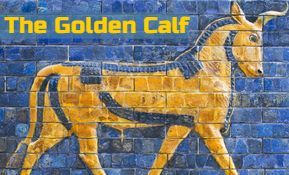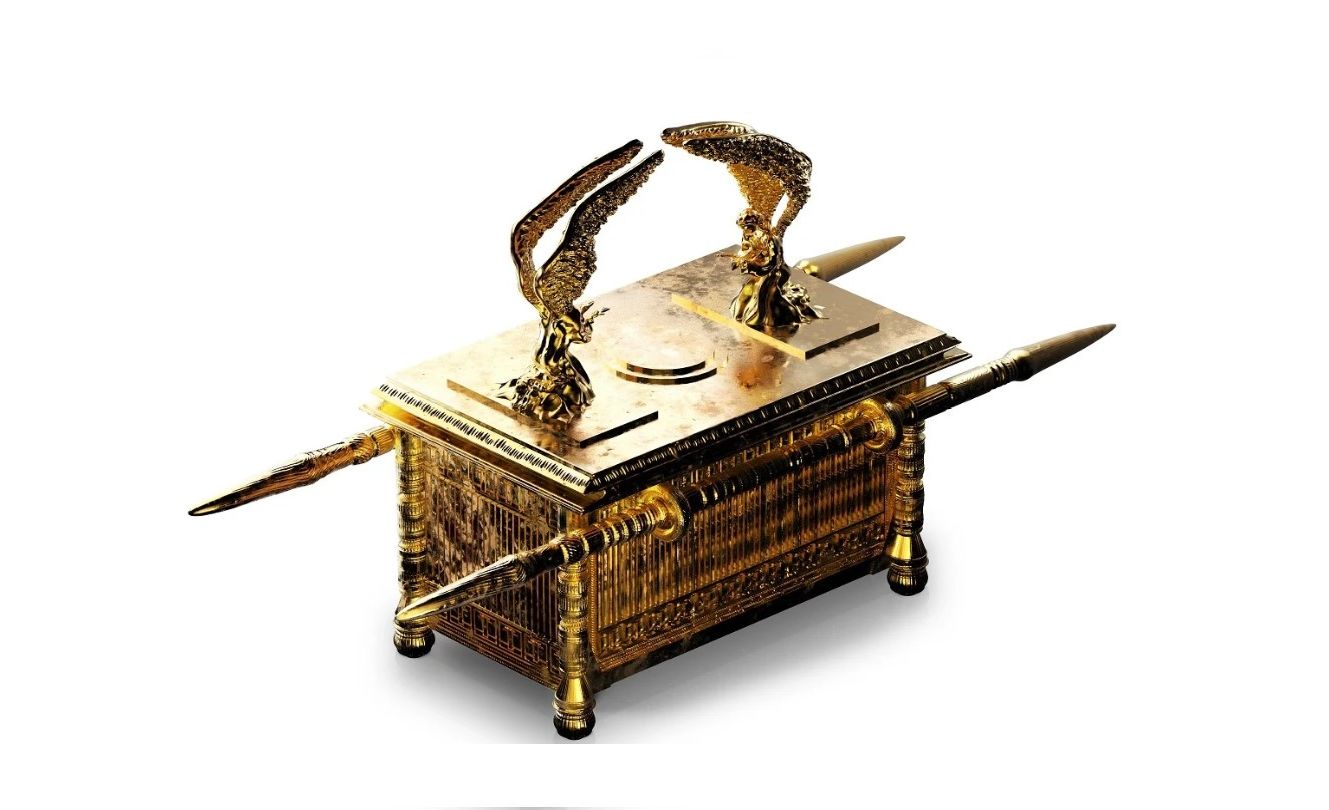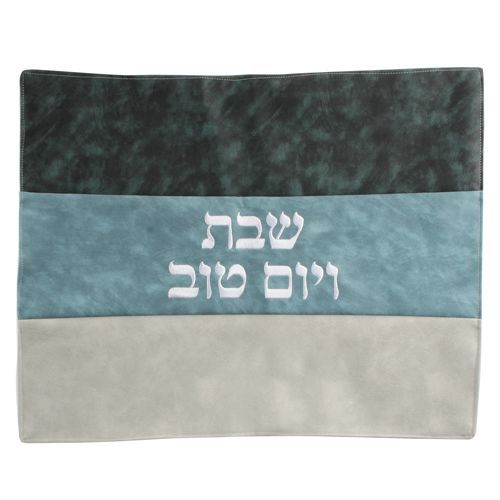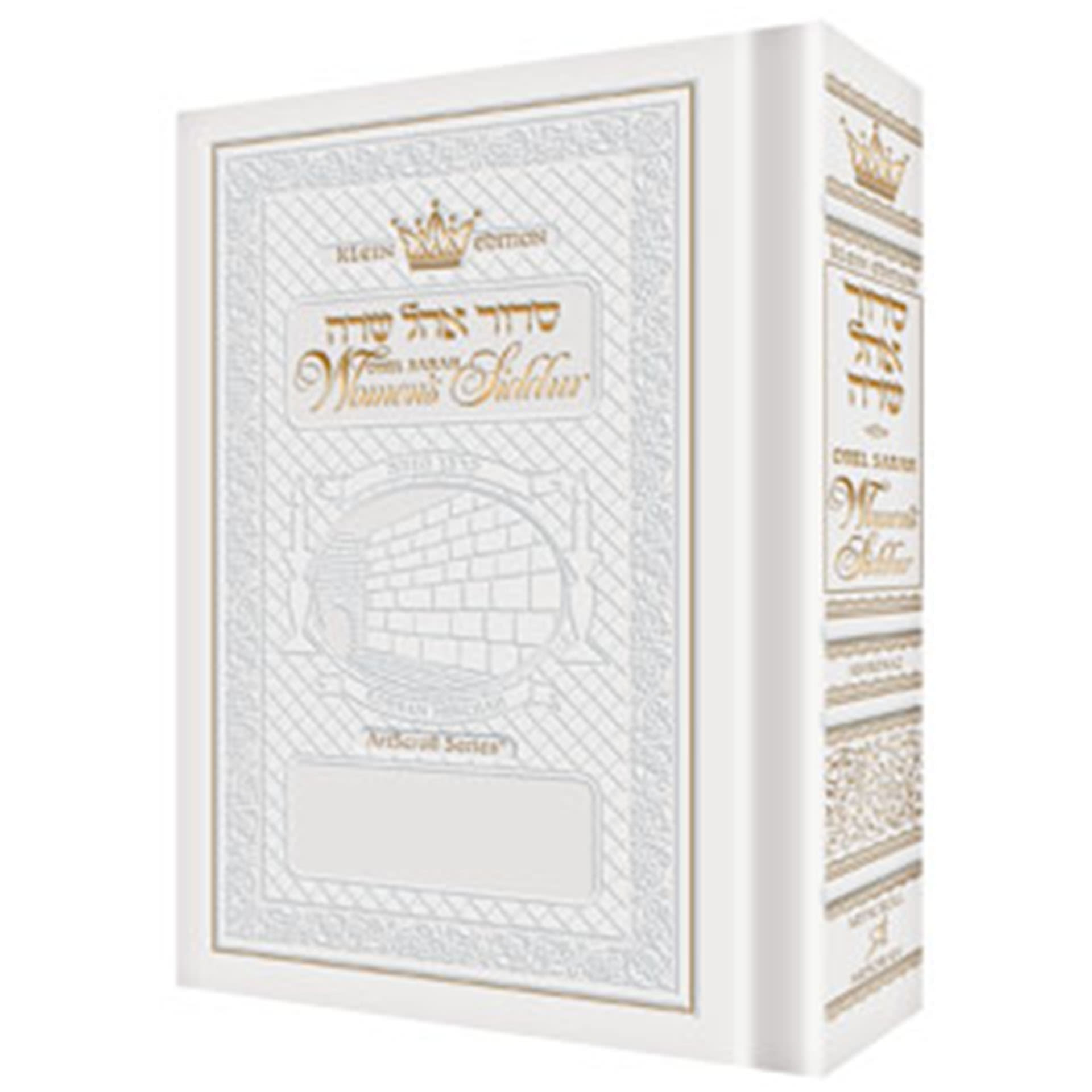
Devarim: How to Give Rebuke
Having been burnt once before, he was understandably reluctant to rebuke the people. He began his rebuke in a couched language...

Never Embarrass Anyone!
“These are the words that Moshe (Moses) spoke to all Israel on that side of the Jordan in the desert, in the plain opposite the Red Sea, between Paran and Tofel and Lavan and Hazeroth and Di Zahav” (Devarim 1:1).
“Since these are words of rebuke and he [Moshe] enumerates here all the places where they angered the Omnipresent, therefore it makes no explicit mention of the incidents [in which they transgressed], but rather merely alludes to them, [by mentioning the names of the places] out of respect for Israel” (Rashi, ad. loc.).
Rashi explains how Moshe alludes to the Children of Israel’s sins, for example, the Sin of the Spies and the Golden Calf:
“Between Paran and Tofel and Lavan” — Rabbi Yochanan said: We have reviewed the entire Bible, but we have found no place named Tofel or Lavan! However, [the explanation is that] he rebuked them because of the foolish things they had said (תָּפְלוּ) about the manna, which was white (לָבָן), saying “And our soul loathes this light bread” (Bamidbar 21:5), and because of what they had done in the desert of Paran through the spies.
“And Di-Zahav” — (lit., enough gold) he rebuked them for the calf they had made as a result of their abundance of gold, as it is said: “and I gave her much silver and gold, but they made it for Baal” (Hosea 2:10).
There appears to be a contradiction. Although Moshe exercised caution, to the point of using concealed hints out of respect for the people of Israel, he later rebuked them explicitly for those sins! He mentioned the Sin of the Spies (Ibid. 1:19 – 48) and the Sin of the Golden Calf (9:7 – 29) in detail and at great length!
Let’s examine Rashi’s words to resolve the difficulty: “He enumerates here all the places where they angered the Omnipresent.” Moshe began his rebuke with a list of all the places the Children of Israel had angered God, therefore, to protect their honor and not embarrass them, he concealed the rebuke in a veil of hints. When he returned to each sin individually, however, he spoke openly, because after all no one exists who does not make some kind of error sometime, and it would not be such an embarrassment for them if he mentioned it openly (Siftei Chachamim).
Kamtza and Bar-Kamtza
Let us look at an example of how careful we must be not to slight anyone’s honor that is very applicable to this time of the year i.e. Tisha B’Av.
Rabbi Yochanan said:
What is the meaning of the verse in The Book of Mishlei (28) that reads, "Fortunate is the one who is always fearful, but the one who is hard of heart will suffer misfortune?" It was because of "Kamtza and Bar-Kamtza" that Jerusalem was destroyed …
There was a certain individual who was friendly with Kamtza, but who was an enemy of Bar-Kamtza. He made a feast and said to his servant, "Go and bring Kamtza to my feast," but the servant brought Bar-Kamtza instead.
The one who made the feast found Bar-Kamtza seated there. He said to him, "Since you are my enemy, what are you doing here? Get up and get out!"
Bar-Kamtza said, "Since I’m here already, let me stay, and I will pay you for what I eat and drink."
The host responded, "No!"
"I will pay for half the cost of the feast."
"No!"
"I will pay the entire cost of the feast!"
"No!" The host seized Bar-Kamtza, stood him up, and threw him out of the room!
Bar-Kamtza thought, "Since the Rabbis were there, saw the whole thing, and did not protest, obviously they had no objection to the host embarrassing me! I’ll go now, and have a little feast-of-slander with the king."
Bar-Kamtza went to the Caesar and declared, "The Jews have rebelled against you!"
The Caesar responded, "Who said so?"
Bar-Kamtza said, "Send them a sacrifice, and see if they will offer it."
The Caesar sent (with Bar-Kamtza) a healthy, unblemished ram. While traveling to Jerusalem, Bar-Kamtza caused a disfigurement in the animal. Some say that it was a blemish on the upper lip; others say that it was a blemish in the eye (perhaps symbolizing the silence of the rabbis, or their witnessing of the event of his disgrace without protest). This particular blemish disqualified the animal as a sacrifice in the Beit Hamikdash, the Holy Temple. According to the Roman laws of sacrifices, however, it did not disqualify the animal.
The Rabbis wanted to sacrifice the animal to maintain peaceful relations with the government. But Rabbi Zechariah son of Avkulos objected, saying, "People will say, ‘Animals with blemishes may be sacrificed on the altar!’"
The Rabbis had in mind to kill Bar-Kamtza so that he would not report what had happened to the Caesar! But Rabbi Zechariah son of Avkulos objected, "People will say, ‘One who makes blemishes in sacrifices is killed!"
Rabbi Yochanan said, "The excessive carefulness of Rabbi Zechariah son of Avkulos destroyed our Temple, burned our Palace, and exiled us from our Land."
At the end of the section on the destruction of the Holy Temple, there is a statement by Rabbi Elazar, as follows, "Come and see what is the tremendous negative impact of embarrassing someone, for Hashem helped Bar-Kamtza and destroyed His House and burned His Palace"(Gittin 57a).
The Beit Hamikdash was destroyed because of a despicable person whose embarrassment urged him to slander the entire Jewish people before the Roman Emperor. Any person’s shame, even that of the most contemptible person, pierces the very heavens, and that was what caused the Beit Hamikdash to be destroyed and the Sanctuary to be burnt! (Rabbi Chaim Shmuelevitz, Sichot Mussar).
Two Types of Rebuke
“Moshe spoke to the Children of Israel as all that Hashem commanded him concerning them” (Devarim 1:3).
Rabbi Zalman Sorotzkin raises a difficulty concerning this verse. The Book of Devarim begins with the words: “These are the words that Moshe spoke” (Ibid.1). The Torah later repeats (Ibid. 3): “Moshe spoke to the Children of Israel as all that Hashem commanded him concerning them.” Why?
The answer is based on a concept taught by Rabbi Aharon Wolkin in regards to an important piece of the Talmud: “A Torah scholar is loved by the residents of his city not because of their fine qualities, but rather, because he does not rebuke them in words of Heaven” (Ketuvot 105b).
It would seem the people love him because he does not rebuke them. But why does the Talmud emphasize “rebuke in the words of Heaven” and not “rebuke” alone? It would have been sufficient to say: “He does not rebuke them.”
Rabbi Wolkin explains that there are two types of people who reproach others. One type is concerned about angering his listeners. Therefore, he speaks in the local vernacular and style – the ‘words of man’ – and uses parables and hints to avoid mentioning exactly the topic of his rebuke. He sugarcoats the bitter pill he wants his listeners to swallow.
The second type speaks clearly and sharply. He reproaches in plain language, using “the words of Heaven.” An example of this type would be the prophet Yishayahu, who cried out: “Woe to a sinful nation, a people heavy with iniquity, evildoing seed, corrupt children. They forsook Hashem; they provoked the Holy One of Israel; they drew backwards” (Yishayahu 1:4). Yishayahu endangered his life, and many hated him. Yishayahu’s fate was that the evil King Menashe sentenced him to death, as related in Yevamot (49a).
This contrast explains the piece of the Talmud about the beloved Torah scholar. He is beloved because he knows how to couch his rebuke in a way that is acceptable to the public, and not because of their fine qualities, or because he does not rebuke them at all. He criticizes the people of his city in a soft, pleasant tone instead of rebuking them in words of Heaven! In a generation that is not willing to accept criticism, this is the only way to give rebuke!
The Right Time and the Right Place
This concept enables us to understand the two verses at the beginning of the Book of Devarim. First, however, let us examine a Midrash which on the face of things appears enigmatic:
“When Hashem told Moshe to review the entire Torah [at the plains of Moab], he did not want to rebuke the Children of Israel for their misdeeds. Rabbi Simon said this is compared to a disciple who walked with his Rabbi and saw a coal cast away by the side of the road. Thinking it was a valuable jewel, he picked it up and was burnt. A few days later, he was walking with his Rabbi and he saw a jewel again. Assuming it was a coal, he was afraid to touch it. His Rabbi said to him: ‘Take it! That is a jewel.’
“Thus Moshe said: ‘Because I said, “Listen you rebellious one,” I was punished. Should I rebuke them now?!’
“Hashem said to him: ‘Moshe, fear not!’” (Midrash Rabbah 1:6).
The Midrash explains that at first Moshe was reluctant to openly rebuke the Children of Israel. He had been burnt once before, when he hit the rock at the Bitter Waters. Moshe said to the people: “Listen you rebellious ones, shall I bring forth water from this rock?” (Bamidbar 20:10). Because of this incident, God decreed that he would not enter the Land of Israel.
Having been burnt once before, he was understandably reluctant to rebuke the people. He began his rebuke in a couched language of hints: “In the desert, in the plain opposite the Red Sea, between Paran and Tofel and Lavan and Hazeroth and Di Zahav” (Ibid. 1) as Rashi explained (cited above).
Hashem then told him to “let loose with both barrels.” This was the last opportunity before his death, and the situation warranted that he must warn them as strongly as possible to keep the Torah in the Land of Israel.
Therefore, he began to speak “as all that Hashem commanded him concerning them” (Ibid. 1:3), a classic “words of Heaven” type of rebuke. The verses in the continuation show no hesitancy or veiled hints: “And you rebelled against the commandment of Hashem, your God” (Ibid. 26). “So I spoke to you, but you did not listen, and you rebelled against the command of Hashem, and you acted wickedly and went up to the mountain” (Ibid. 43). [Rabbi Zalman Sorotzkin, Oznai’im L’ Torah]
In our generation, however, the only way to give rebuke is as the “beloved scholar” and not the fiery prophet!
Silence is Golden
Rebbe Yisrael of Vizhnitz illustrated how to give rebuke in a soft, gentle way, using great cleverness. He once visited a wealthy banker at his splendid mansion. When the butler opened the door, the Rebbe entered and sat down, without uttering a word. The banker stood respectfully at the side, afraid to interrupt the Rebbe’s silence. After a while, the Rebbe stood up and left the banker’s home. The banker silently accompanied the Rebbe back to his home.
Dying of curiosity, the wealthy banker begged the Rebbe to tell him the reason for his silent visit.
“I came to your home to fulfill a mitzvah, and thank God, I fulfilled it,” the Rebbe answered.
“What mitzvah?” the banker asked.
“Our Rabbis taught that just as it is a mitzvah to say something that can be heard, so too it is a mitzvah not to say something that cannot be heard,” the Rebbe explained. “If I sat in my house and you sat in your house, what kind of mitzvah would I have not to say that which cannot be heard? Therefore, I went to your house in order not to say what you could not hear!”
By now the wealthy man was even more curious to know what the Rebbe wanted to say, but the Rebbe refused to tell him, explaining that he simply would not be able to hear it.
The banker persisted, and finally the Rebbe agreed to tell him what it was that he would not hear. He said: “There is a poor widow who cannot afford to pay her mortgage, and your bank is foreclosing on her home and evicting her. I wanted to ask you to forgive the loan.”
“But what can I do? I’m only the manager, it’s not my bank! I can’t forgive the loan!” the banker tried to explain.
“That’s what I meant,” interrupted the Rebbe, “that’s exactly what I was referring to. This is a matter that you cannot hear!”
The Rebbe turned and entered his home, and the banker went home. His heart, however, gave him no respite and he eventually he paid the widow’s mortgage out of his own pocket!
Such is the success of a soft and pleasant rebuke!











Tell us what you think!
Thank you for your comment!
It will be published after approval by the Editor.